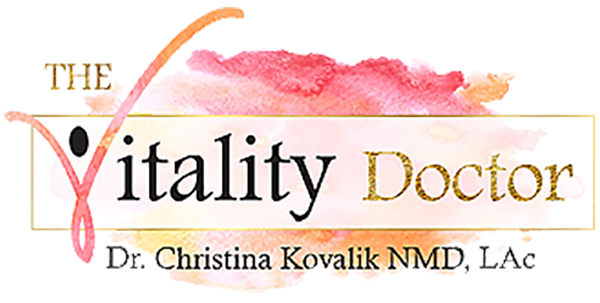Menopause is a natural part of a woman’s life, yet its symptoms can feel anything but natural. The menopausal transition brings a host of changes, from hot flashes and vaginal dryness to mood swings and bone loss. These common symptoms of menopause don’t just affect your daily routine—they can impact your quality of life, long-term health, and overall well-being.
For women navigating this challenging stage, hormone replacement therapy (HRT) can offer a lifeline. Whether you’re dealing with perimenopause, postmenopausal symptoms, or have experienced premature menopause, it’s essential to explore the treatment options available to manage the ups and downs of shifting hormone levels.
What Causes Menopausal Symptoms?
As women age, the levels of estrogen and other female hormones naturally decline. This hormonal drop is responsible for many of the uncomfortable symptoms associated with menopause, including:
- Hot flashes and night sweats, which disrupt sleep and daily comfort.
- Vaginal dryness, which can impact sexual function and lead to discomfort.
- Mood swings, weight gain, and joint pain that affect your physical and emotional well-being.
- Increased risk of fractures due to bone loss and weakened bone health.
- Changes in menstrual cycles, including irregular menstrual periods before they eventually stop.
In some cases, early menopause or medical conditions such as ovarian surgery can exacerbate these symptoms. Understanding the root cause is critical for finding the most effective treatment.
What Is Hormone Replacement Therapy?
Hormone replacement therapy (HRT) involves supplementing the body with female hormones, such as estrogen and progesterone, to manage the symptoms of menopause. There are different types of HRT available, including systemic therapy (such as skin patches, pills, and vaginal creams) and localized options like the vaginal ring or intrauterine device.
Estrogen therapy is often recommended for women who have had a hysterectomy, while combined HRT (estrogen and progestin, such as medroxyprogesterone acetate) is used for those with a uterus to reduce the risk of endometrial cancer.
Benefits of Hormone Therapy
The benefits of HRT extend beyond symptom relief. It’s an effective way to improve your quality of life by addressing:
- Hot flushes and vaginal dryness that interfere with daily activities.
- Preventing bone loss and reducing the risk of fractures in postmenopausal women.
- Supporting heart health by reducing certain risk factors for cardiovascular disease in healthy women.
- Enhancing sexual function and overall energy levels.
However, it’s important to work closely with a healthcare provider to determine the type of hormone therapy that is right for you.
Risks of HRT and MHT
While the potential benefits of HRT are significant, it’s not without risks. Research, including studies from the Women’s Health Initiative, has highlighted the need for careful consideration of health risks, especially with long-term use. Some of the risks of HRT and MHT include:
- Risk of breast cancer and risk of uterine cancer, particularly with certain forms of therapy.
- Increased risk of blood clots, such as pulmonary embolism and deep vein thrombosis.
- Higher chances of a heart attack, stroke, or risk of heart disease for some women.
A health care provider will evaluate your medical history, family history, and personal risk factors to determine whether HRT is a better option for you.
Side Effects and Monitoring
Some women may experience side effects with HRT, including:
- Breast tenderness or swelling.
- Spotting or irregular bleeding.
- Skin irritation from skin patches or other forms of drug administration.
Regular blood tests and follow-ups with a health professional are essential to monitor hormone levels and adjust the treatment. Starting with lower doses and using HRT for the shortest time necessary may help reduce risks.
Alternative and Complementary Approaches
For those who cannot or choose not to use HRT, there are different ways to manage menopause symptoms, including:
- Lifestyle changes like regular exercise and a balanced diet.
- Non-hormonal treatment options, such as selective estrogen receptor modulators or dietary supplements.
- Addressing vaginal discomfort with localized therapies like vaginal creams or lubricants.
The Importance of Personalized Care
Every woman’s experience with menopause is unique. Whether you’re considering systemic HRT, localized options like a vaginal ring, or exploring different forms of therapy, personalized care is key. Work with a trusted healthcare provider to explore the risks of MHT, the use of HRT, and the benefits of hormone therapy tailored to your needs.
By staying informed and proactive, you can navigate menopause with confidence and prioritize your long-term health.
To find out more Call Dr. Kovalik
480-948-9000 TO BOOK OR BOOK NOW

